Assistant Principals Report
Belinda McGee, Kristin Skennar, Wes Pfitzner

Assistant Principals Report
Belinda McGee, Kristin Skennar, Wes Pfitzner
Term 2 has started well and students have been engaging in a broad range of co-curricular activities, including; interschool sports, the Year 7 & 8 Alternate Program Day, Year 9 Cluster Day, Year 10 Revive Day and Senior Student Study Skills sessions. These events are significant in the way they provide opportunities for our students to develop positive relationships with their peers, build their Personal and Social Capabilities and explore ways to engage with our broader school community. Additionally, it supports students to develop their knowledge of how to move into the world of work.
The beginning of the term was marked by ANZAC Day and we are very fortunate to have a range of student leaders and school captains who lead the local ceremony at the Doncaster ANZAC Memorial, and here at school for all students. The guidance and support provided by the Music Department, in particular Nick Dean and Wendy Howes, was instrumental to the success of this event. Moreover, Mr Dean and Ms Howes have engaged our music students at their annual camp, this week in Mt Evelyn at the Oasis campsite. This was an amazing opportunity for students to work with and develop friendships with students across the College and the students were able to positively engage in building their skills and their collaborative sound. Thank you to all our music teachers and music students!
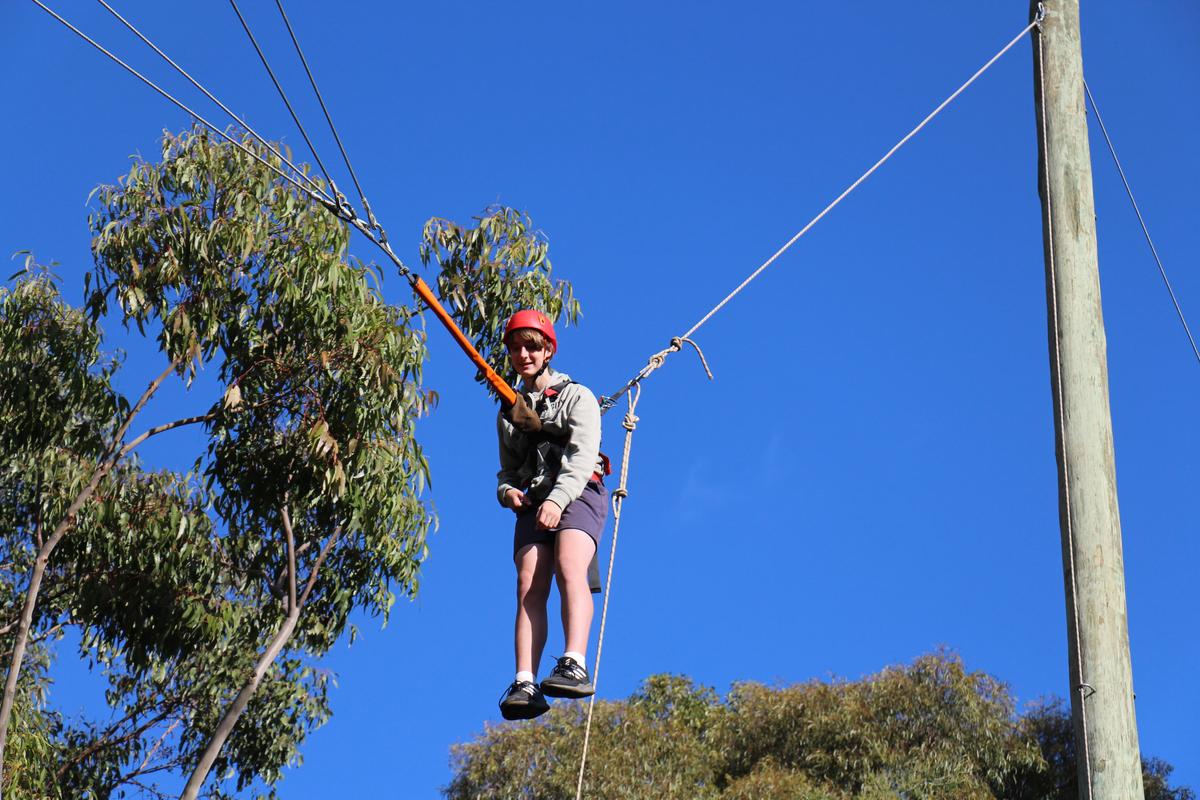
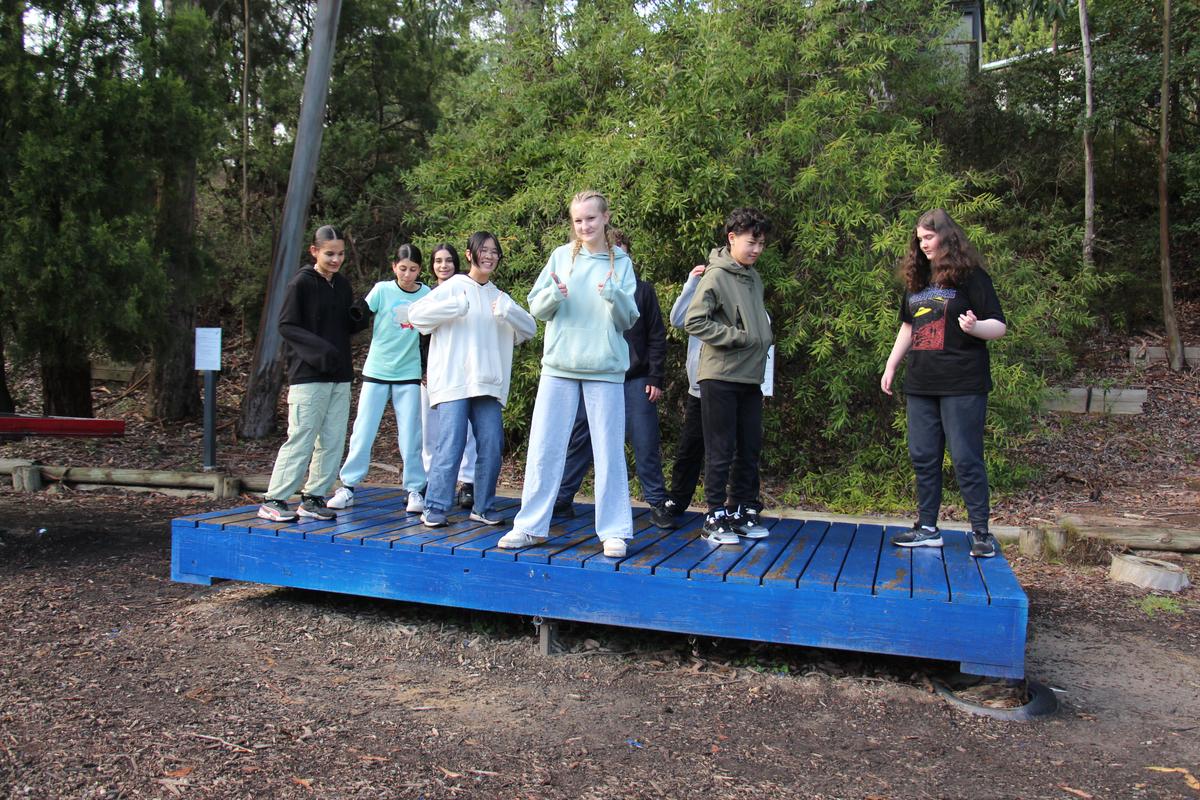
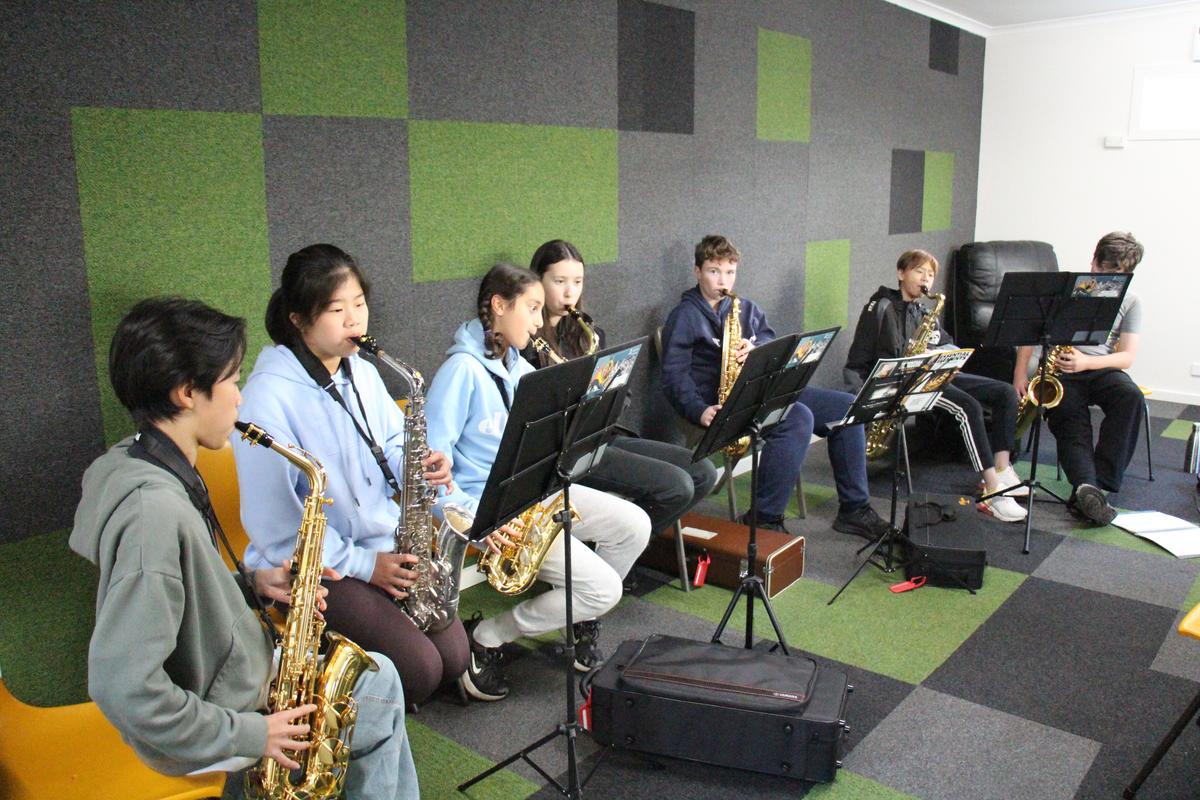
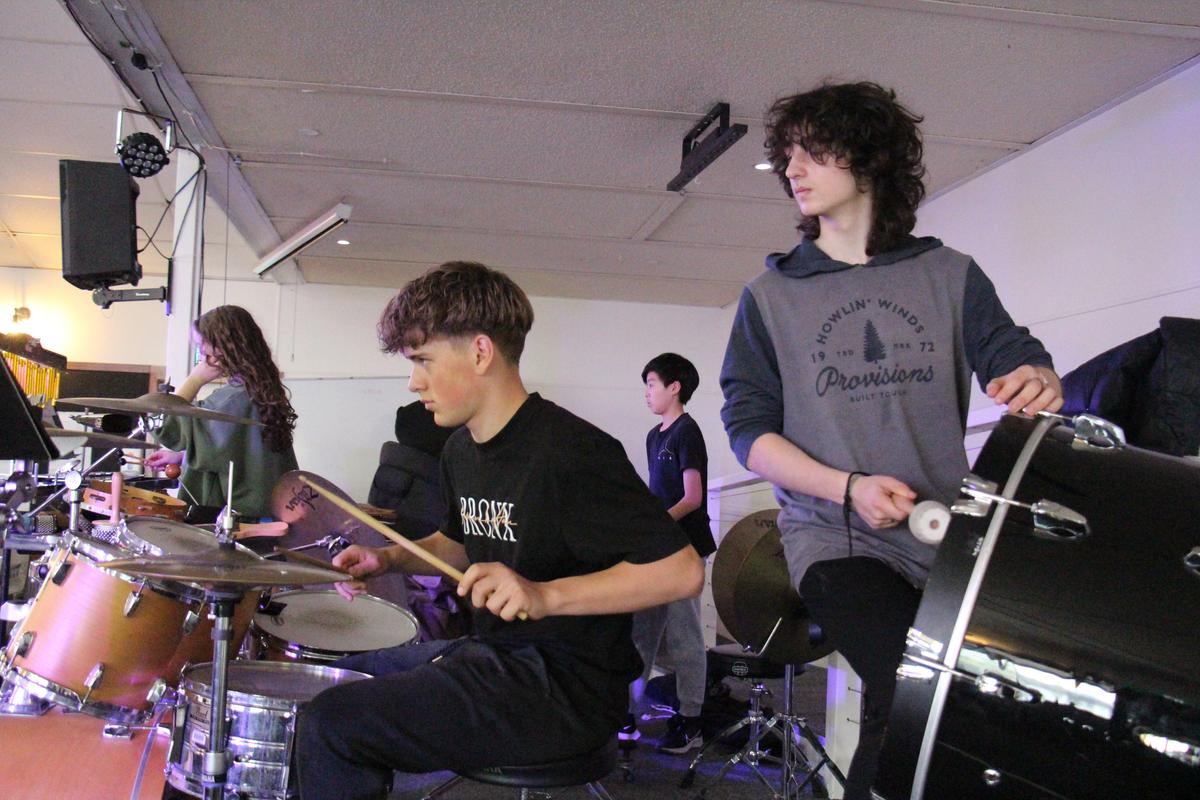
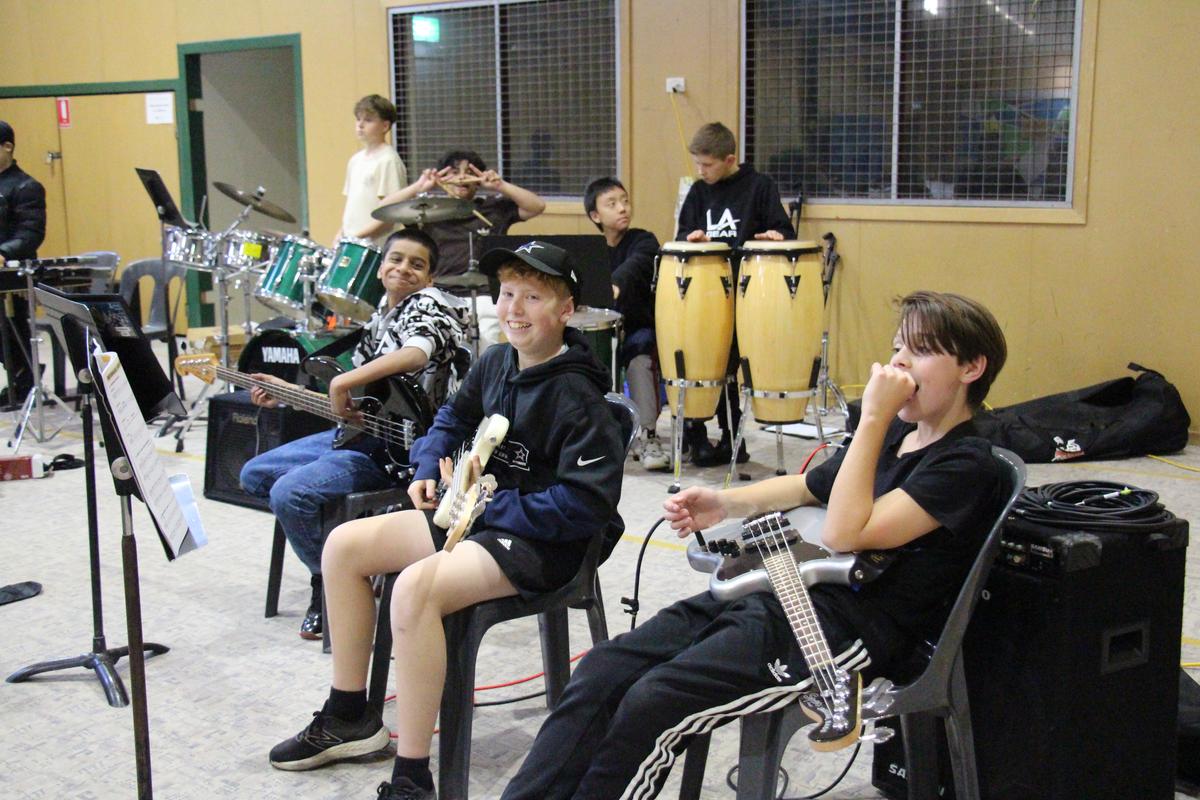
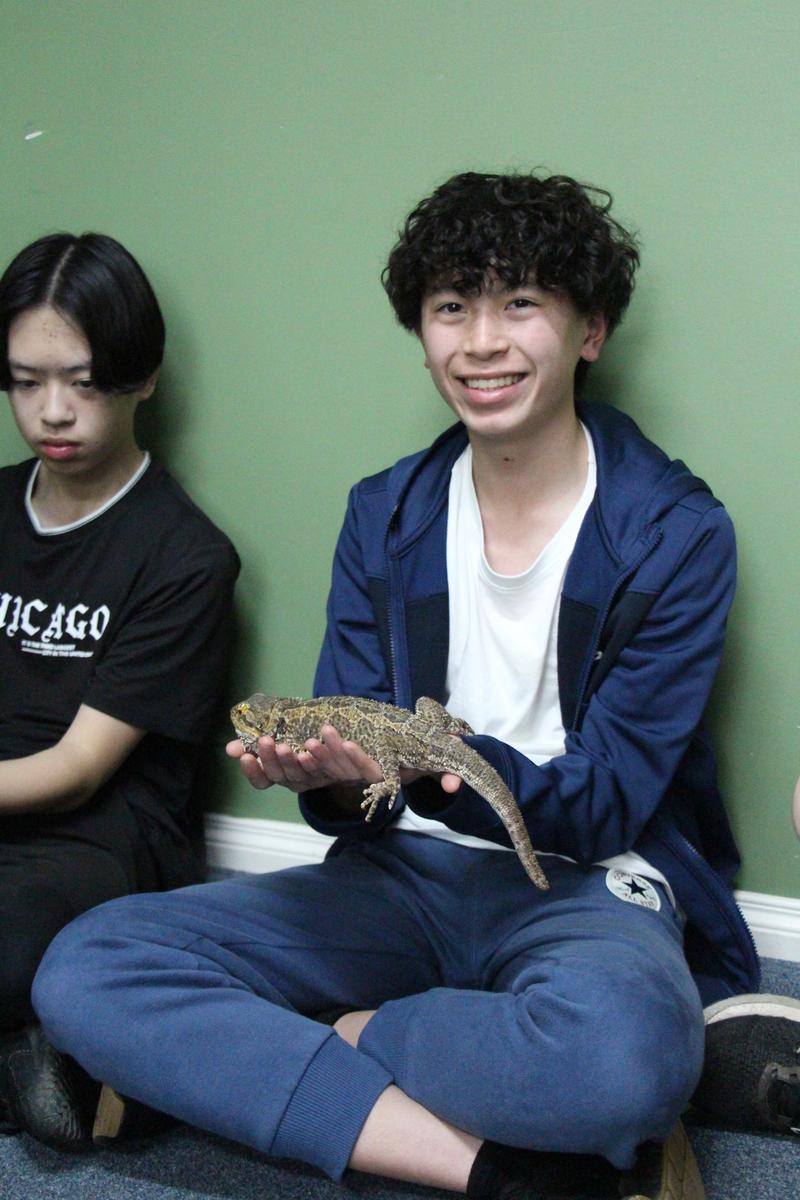
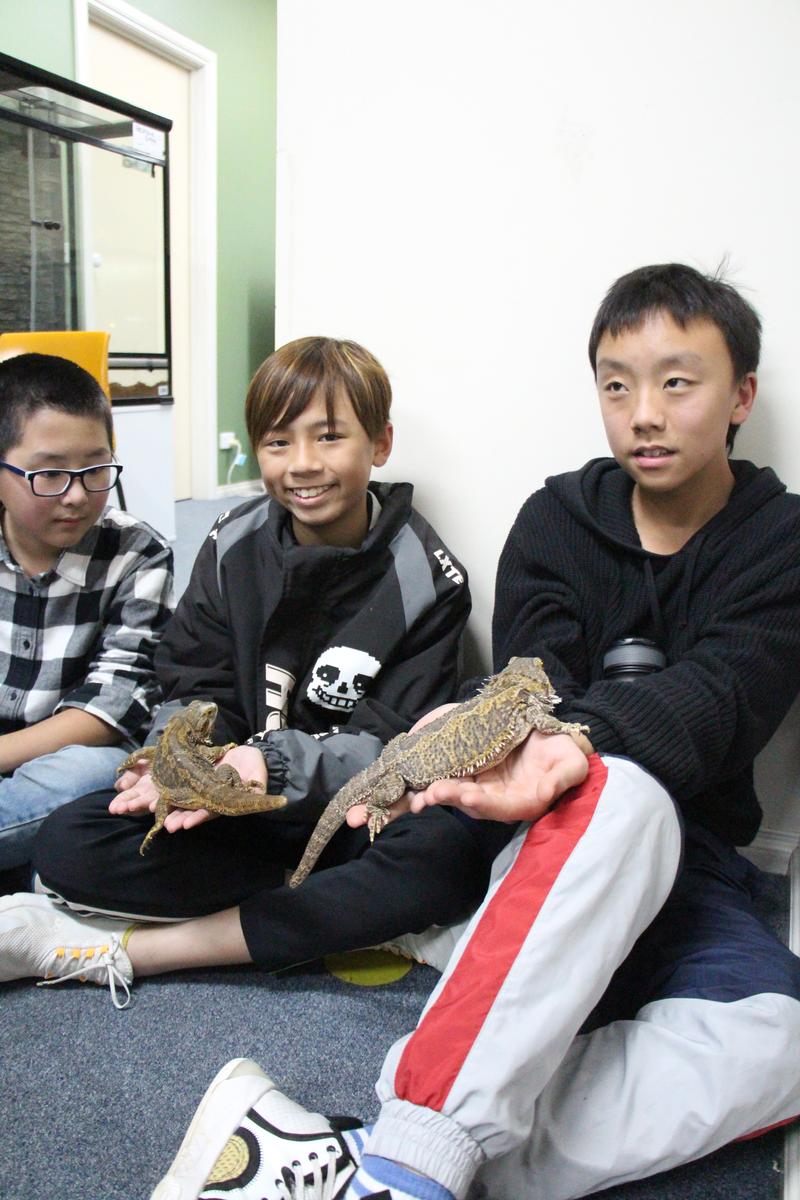
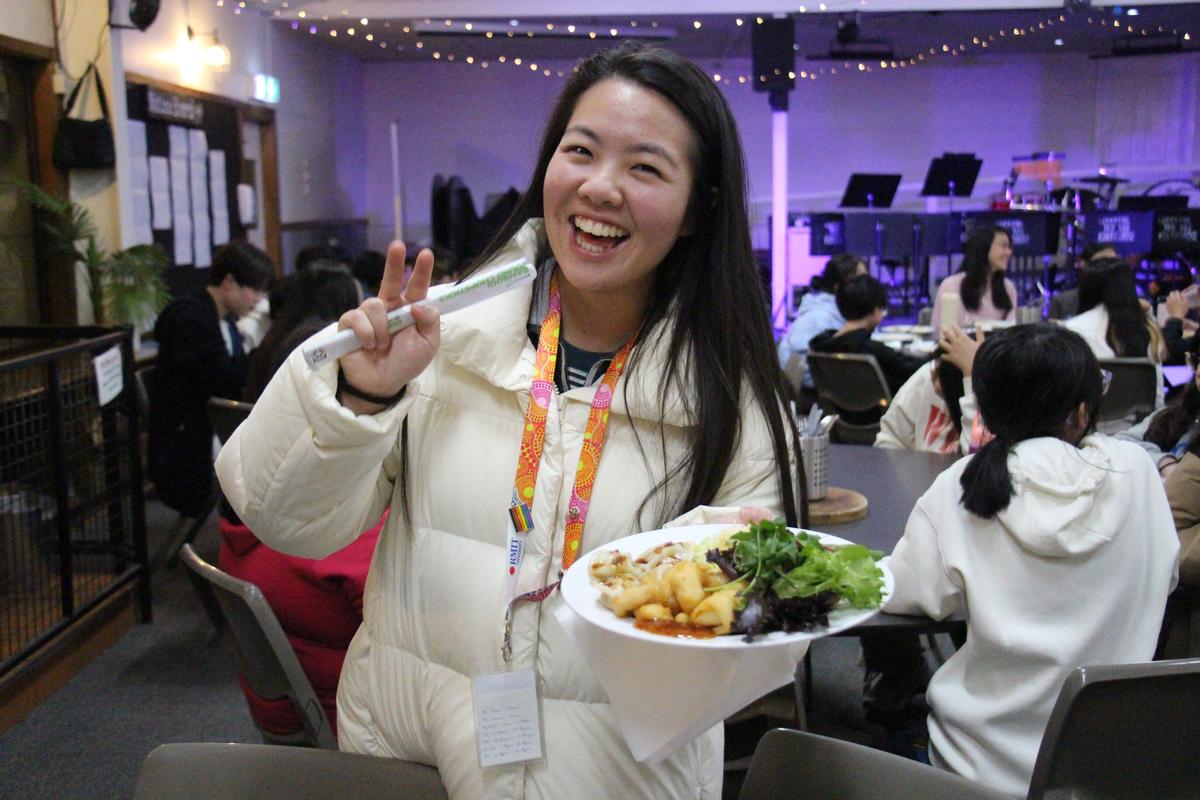
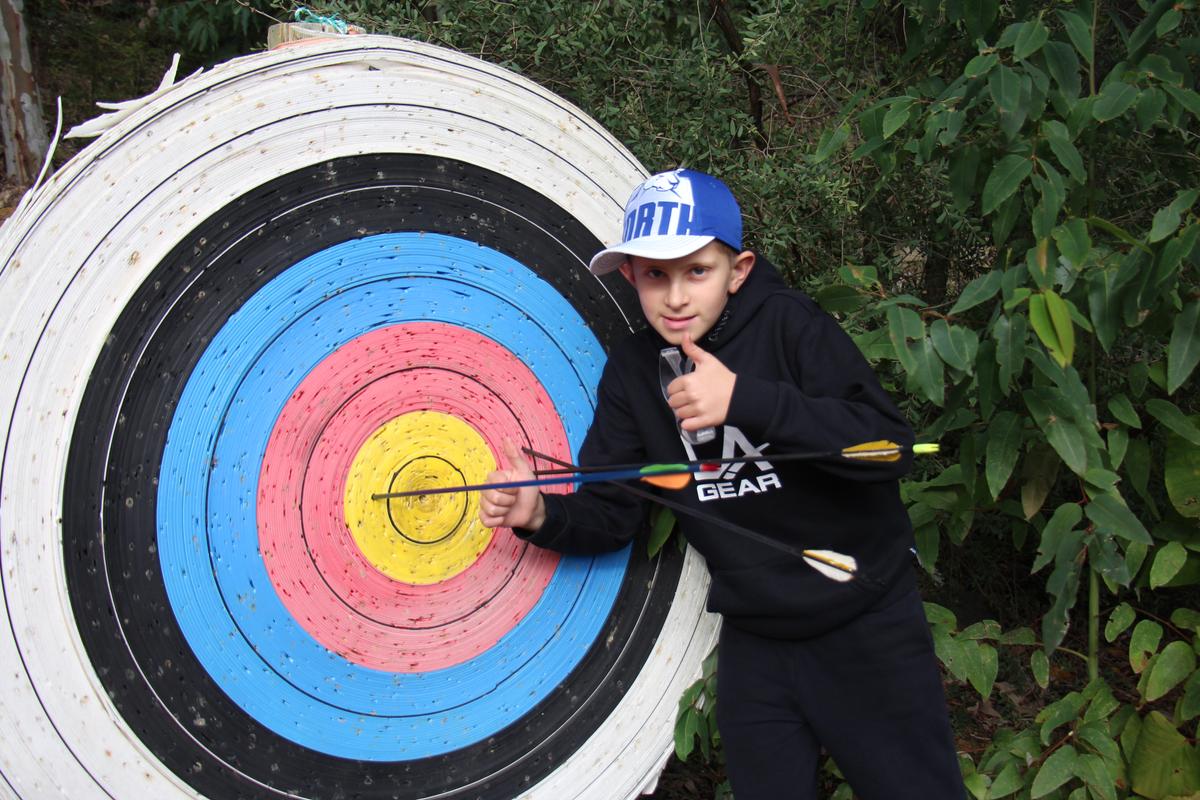
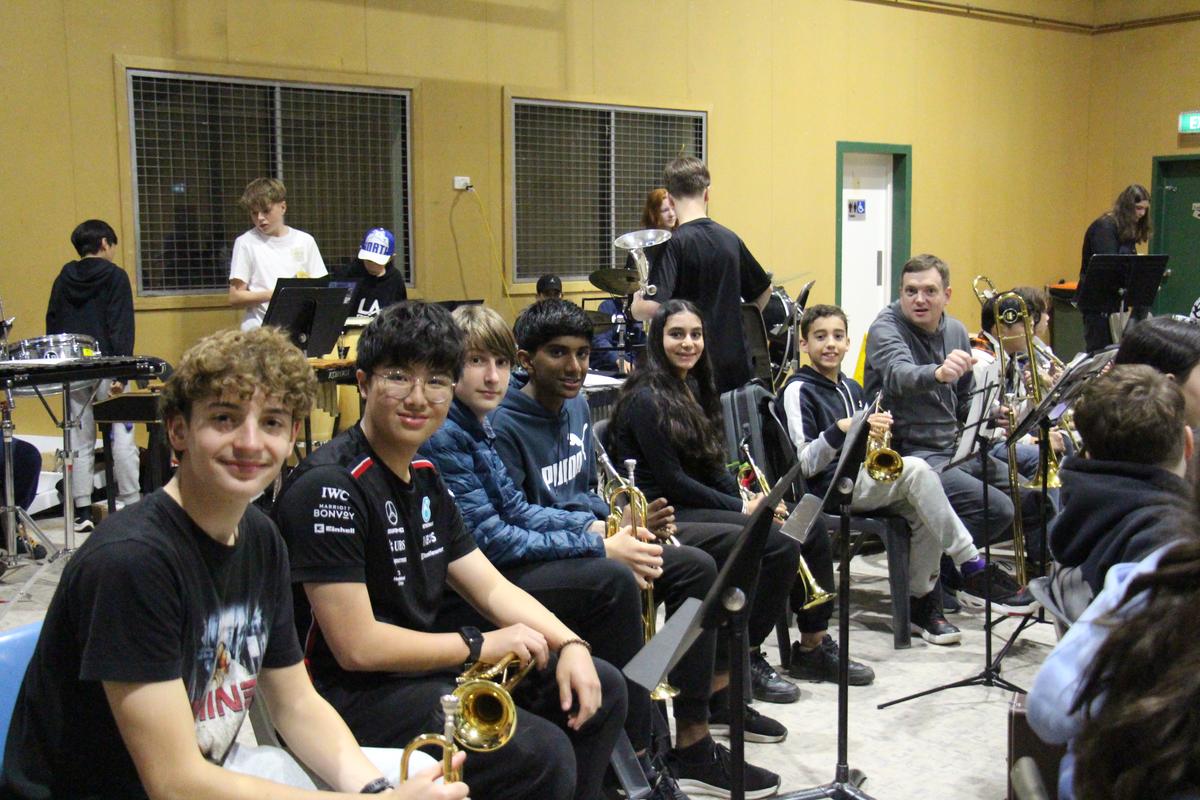
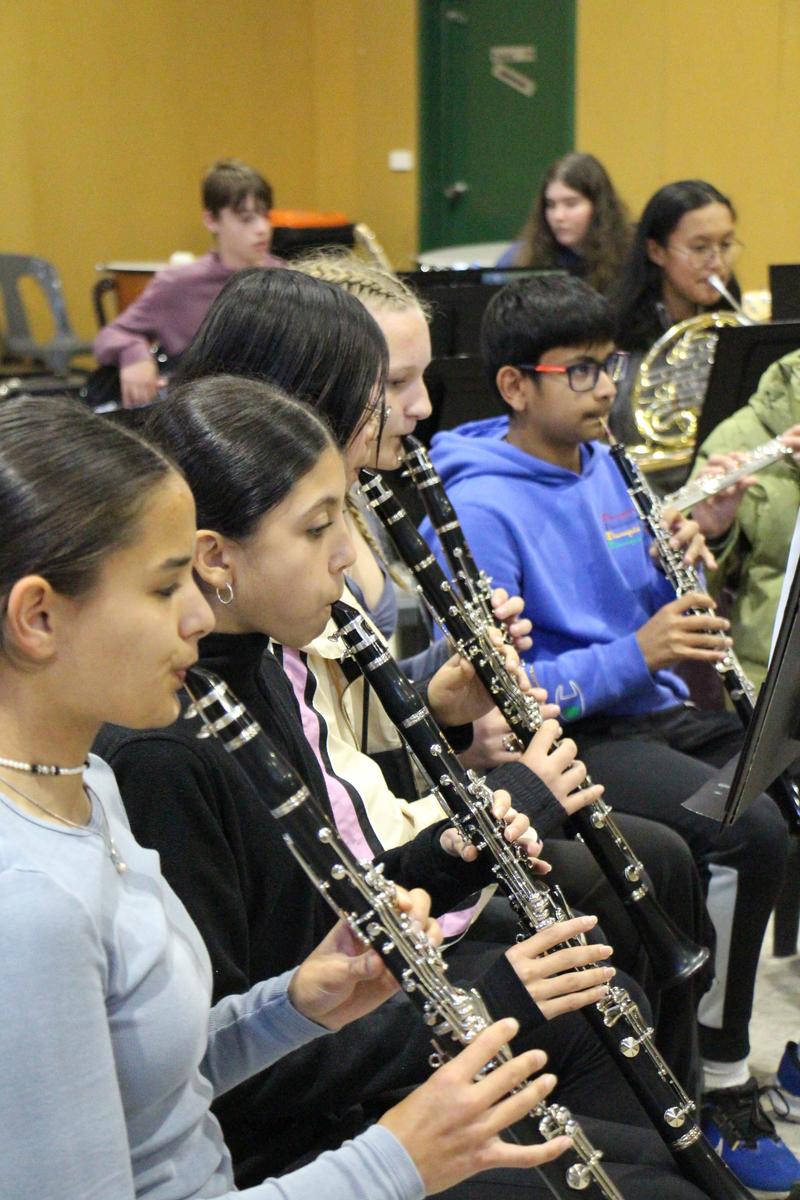
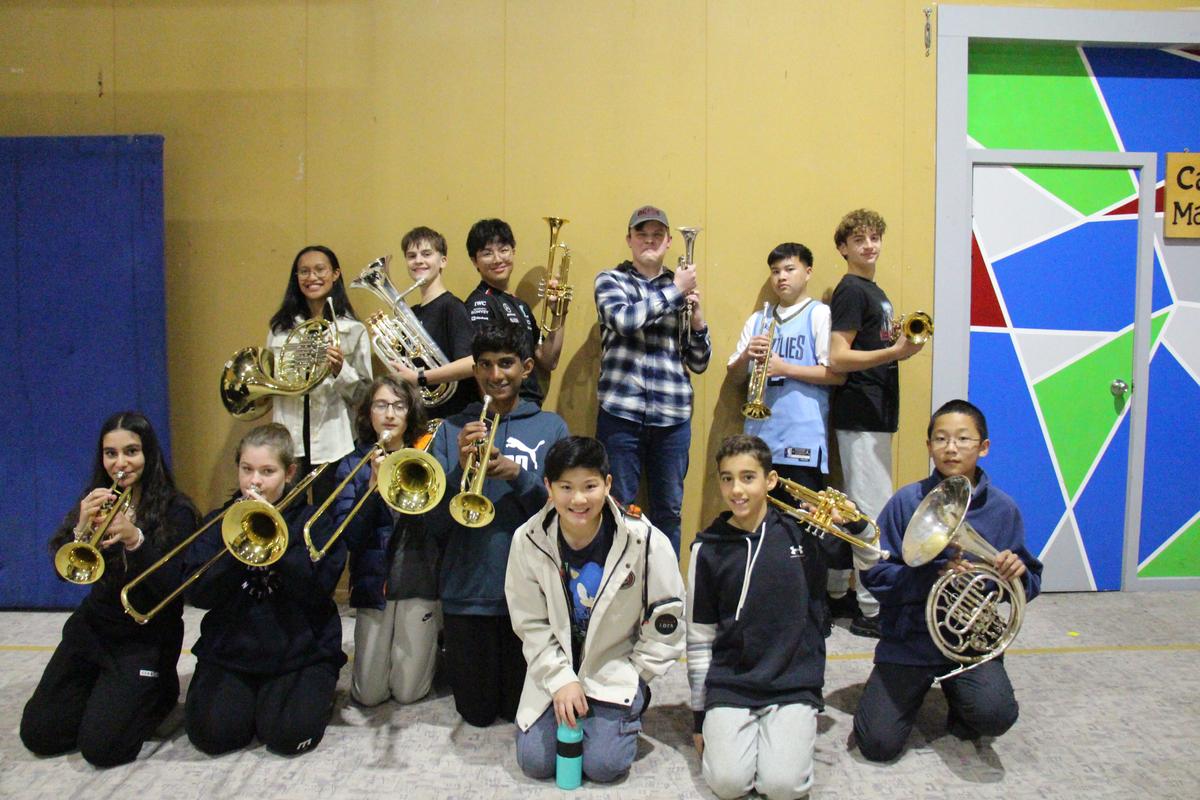












We are implementing a range of processes to ensure that students and families are supported by the school to maximise learning growth. Attendance is a part of this important work.
If your child has been away for more than five days, you should expect contact from the respective Year Level Team, regarding supports and interventions as required. Attendance is linked to key educational and life outcomes, and we wish to partner with all families to support each child’s attendance. We also know that students are healthy and happier when they have the routine of school. Our Wellbeing Team is extensive and here to support students and families that need it to keep attendance percentages positive.
90% attendance is required for students to achieve a satisfactory result in all units and subjects across Year 10 to 12. The 90% attendance standard will continue to be reinforced throughout 2024 and into 2025. If your child is absent from school, a medical certificate is required. Please note that attendance below 90% without medical documentation in 2025 may impact a student’s subject selection options across the College.
A timely reminder around the expectations of social media use, and the implications of not demonstrating respectful behaviour when online, or in person.
DSC recommends that students do not participate in 'DSC class’ chats and we ask parents / carers to monitor usage of devices. Inappropriate online behaviour not only impacts the safe supportive and inclusive environment we are trying to establish at DSC, but also future wellbeing and academic success.
To support our students in making better choices online, Constable Sarah Davis from the local police station has spoken to the Year 7 cohort this term around safe online behaviour, the risks in not behaving safely and the implications of unacceptable behaviour.
We ask all parents / carers to regularly monitor and support the learning of their young people in using their mobile phone and any social media platform. Here are some tips that can help families monitor social media use and screen time:
More resources to assist your family in thinking about mobile phone and social media use include:
Doncaster Secondary College is beginning the process of developing systems and an approach in readiness for the roll out of Disability Inclusion. We are one of the last regions across Victoria for this system to be rolled out and we have been networking with schools who are further into the process of this new model. Families that have previously engaged with the Program for Students with a Disability will be aware of some of the existing structures in schools and over the next three years, this program will be replaced by Disability and Inclusion. This new approach will improve support for students with disability and build a more inclusive school for all our students.
Inclusive schools have better outcomes in learning, engagement and wellbeing for all students.
Disability Inclusion will help our school better understand what our students need to help them learn, through:
A new funding model with more investment
The new funding model provides additional investment that our school can use to support many students including those with autism, dyslexia and other learning difficulties.
This additional investment will provide more support for students with disability, including students who have not been eligible for individual funding through the Program for Students with Disabilities (PSD) in the past.
Our school can use this funding for a range of activities including:
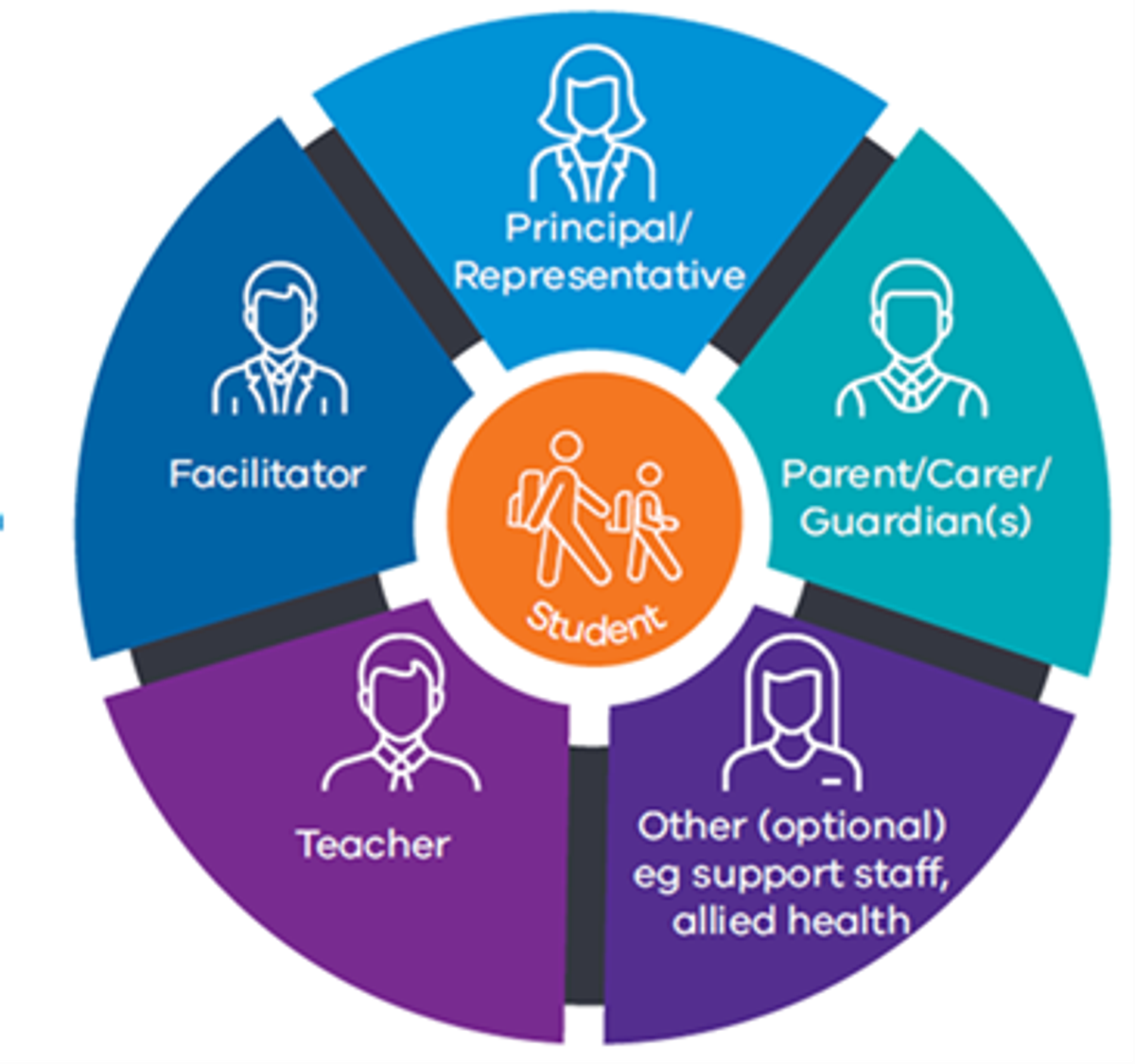

The Disability Inclusion Profile will help us find out more about your child’s strengths and needs. It will inform personalised funding allocations and help us plan student learning and any adjustments a student may need to learn and participate at school.
The new Disability Inclusion Profile process will replace the Educational Needs Questionnaire used as a part of the current PSD.
As we transition over the next three years, families of students who are part of the PSD will be asked to attend a meeting to complete a Disability Inclusion Profile.
People who know your child will be involved in the meeting, along with an independent, trained facilitator who will help our school and families complete the profile.
If your child is part of the PSD, we will work with you to find the most suitable time to complete their profile.
The profile will also be available to a broader group of students with disability.
We will identify students who are not currently part of the PSD, who may benefit from a Disability Inclusion Profile. If we consider that your child’s education will benefit from having a profile, we will contact you.
More training and coaching for teachers and school staff
Disability Inclusion will give more teachers and support staff a better understanding of disability and how to respond. This could include access to:
More information
Visit www.education.vic.gov.au/disabilityinclusion to find out more about Disability Inclusion.
If you would like to talk about your child’s needs at school, or if you need translation or interpreting assistance, please contact Principal, Glenn Morris glenn.morris@education.vic.gov.au or Assistant Principal, Wes Pfitzner wesley.pfitzner@education.vic.gov.au .
The Department of Education have very clear policies around the use of mobile phones at school and DSC is expected to enforce these.
If students choose to bring their phone to school, it should remain in their school bag, and then their locker, from the moment they arrive and until they are off school grounds. Students cannot access their phone during the day at all. If students need to contact parents or if they have any concerns, they need to approach their relevant mini school who can reach out to parents / carers, as requested.
Students who are not complying with this policy will continue to receive consequences from the school for refusing to follow the school’s and the Department’s policies. Families can support us by discussing this with their students and reminding them that they should not remove their phone from their bag until they are off school grounds. Senior students have been pulling their phones out at their lockers and then moving through the school as they depart for their early finish. This is against school and Department policy and sends confusing and incorrect messages to our younger students about expected behaviours. If you have a student in Senior School, please speak with them about this to support the mini schools in ensuring our school policies are being upheld.
One of the key reasons the Department and DSC have this policy, is that students struggle to make positive decisions on social media and on the internet, when not supervised. We encourage families to also support this policy because it can reduce anti-social and inappropriate behaviours at school and at home.
If you would like to understand more about this, you can consult the Department’s Policy here.
A reminder that DSC has a uniform policy that is designed to keep our classrooms positive and equal. It also supports students to be ready for the workplace where specific uniform requirements are often expected – whether it be formal suits or protective equipment, specific shoes or lab coats. Additionally, it helps create pride and connectedness between students. If students have concerns around the uniform, we encourage them to approach their Student Representative Council members to productively pass these concerns along.
The winter months can sometimes see students popping hoodies or other non-uniform items on. The school has jackets and jumpers in all sizes, which when worn correctly, will keep students warm as they move between classes and during break times. Students who wear the uniform incorrectly, will continue to receive consequences from the school to help support them in building their resilience and understanding of proper attire in certain places.
Students and families are encouraged to consult their study planners to remind them of expected uniform, if there are any concerns.
Wes Pfitzner, Elly Stewart & Kristin Skennar
Assistant Principals